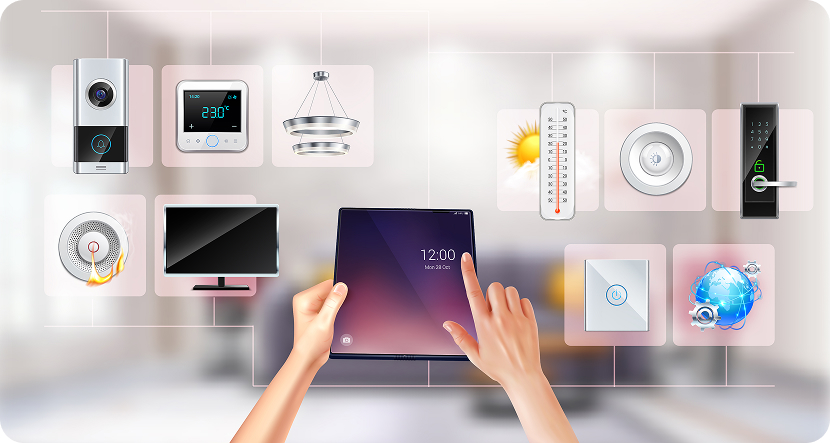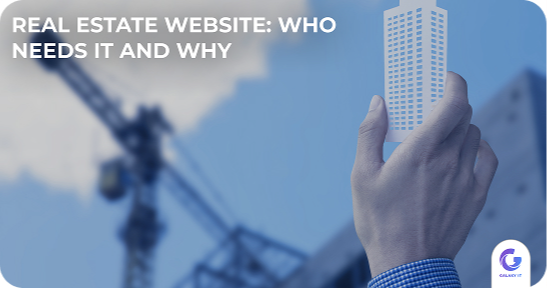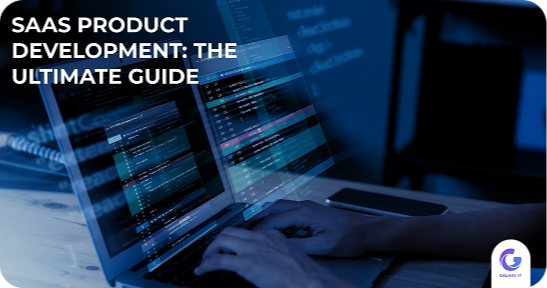Real Estate Technology Trends in 2024
- 28.06.2024
- 1 views
- 8 min
- The integration of technology with real estate has streamlined numerous processes and systems within this field.
- Trend: Commercial Real Estate Technology Trends
- Monitoring Space Usage Solutions
- Integrated Workplace Management Tools (Hybrid Workplace Management Solutions)
- Tenant Experience Platforms
- Trend: Smart Home Technologies
The integration of technology with real estate has streamlined numerous processes and systems within this field.
A recent survey indicates that over two-thirds of housing businesses and realtors are keeping up with real estate technology trends, suggesting an upward trajectory in the adoption of technology in the real estate sector in the near future.
The survey also highlights the primary ways technology is integrated into real estate processes. While more than 40 percent of real estate marketers collaborate with real estate tech companies or startups, others opt to purchase products from third-party suppliers.
This trend implies that the real estate sector has become increasingly attractive to investors. Over the years, investments in the housing market have surged, which has facilitated the adoption of real estate technology. The integration of technology with real estate has streamlined numerous processes and systems within this field.
With that in mind, let's explore the details of how technology and real estate are working together. Here are some of the latest emerging tech trends that are transforming the real estate market.
Trend: Commercial Real Estate Technology Trends
Touchless access solutions are an emerging trend in commercial real estate technology. According to the 2022 State of Access Control Report, 42 percent of businesses plan to transition to mobile-ready systems, while 32 percent intend to adopt touchless options.
To alleviate employee concerns, many employers are eager to implement touchless security in commercial spaces. This approach minimizes contact with readers, keycards, and door handles. Employers are also exploring various commercial access control systems featuring touchless functionalities.
Currently, commercial buildings employ a mix of touchless access solutions. This trend in commercial real estate technology involves installing optical turnstiles at main entrances and pathways to indoor areas. It also includes keypads on physical locks, restroom doors, and main entry doors.
Although the infrastructure for touchless solutions has been around for years, it has evolved to meet the demands of current scenarios. The pandemic, in particular, has compelled companies to reassess and adopt new approaches to managing touch surfaces.
With safety becoming a paramount concern, touchless solutions have emerged as a leading trend in real estate technology. This feature is crucial for any organization looking to secure a commercial workspace or office rental.
For companies aiming to reduce costs by subletting their rental properties, showcasing next-generation advanced commercial real estate technology features can provide a significant market advantage.

Monitoring Space Usage Solutions
Monitoring space usage solutions are a smart way to enhance the functionality of your space. Advanced space utilization analytics improve the commercial workplace experience and enable smarter real estate decisions by leveraging space data and technology.
Many real estate marketers employ space utilization analytics to help organizations optimize their space requirements. This software monitors and improves space occupancy and usage, ensuring better capacity management and a more efficient work environment. It assists companies in determining the necessary amount of space in an increasingly hybrid world.
Integrated Workplace Management Tools (Hybrid Workplace Management Solutions)
Integrated workplace management tools (IWMT) support real estate asset management by combining workplace planning, sustainability management, and maintenance orchestration into a single platform.
Businesses are currently using IWMT for budgeting and capital project planning for real estate assets. This technology reduces the risks associated with expansion and modernization by centralizing data and offering "what-if" analyses.
IWMT also grants marketers administrative control over maintenance and space planning, streamlining operations and enhancing efficiency.
Some features relevant to property management include:
- Facilities management: equipment tracking and space planning
- Maintenance management
- Workspace optimization: office equipment planning
- Personnel planning: meeting room scheduling and seating charts
- Maintenance planning: budgeting, cost management, dispatching
- Space occupancy tracking
- Mobile inspections and surveying
- Work order requests
- Environmental planning
- Energy consumption management
- 3D modeling tools
- Building systems automation
Tenant Experience Platforms
The tenant experience platform represents cutting-edge technology in the real estate industry, benefiting both tenants and property owners alike.
For property owners, this software provides invaluable data insights into their properties, offering detailed information on space utilization and amenity demand to enhance tenant satisfaction. This data empowers owners to optimize property monetization strategies, driving long-term revenues and tenant retention.
For tenants, the latest advancements in real estate technology simplify rent payments, provide access to amenities, and streamline leasing processes. These platforms also foster a stronger sense of community, giving property marketers a competitive advantage in attracting and retaining talent.
Trend: Smart Home Technologies
There's no denying the benefits that smart home technologies bring to residential properties, particularly in terms of security and convenience. These two advantages are pivotal factors for homebuyers and property owners alike. Smart IoT technologies can enhance property values and make homes more appealing to potential buyers.
According to the National Association of Realtors, homes equipped with smart technologies can command a premium of up to 5 percent compared to traditional properties in the same neighborhood, reducing their time on the market.
A survey by Home Advisor highlights that a significant portion of millennials prefer purchasing homes with integrated smart security systems, underscoring the profound impact of smart home technologies on the housing market.
Beyond simple conveniences like streaming music or scheduling tasks, modern smart home technologies encompass a range of features that transform properties into intelligent homes. Some of these advancements in real estate technology include:
Green Home Technologies
Real estate professionals prioritize highlighting environmental credentials and attributes to enhance property value. They emphasize energy efficiency as a key selling point in their commercial listings to attract potential tenants and buyers.
Green technology features promoted by many real estate professionals include efficient insulation, lighting systems, and solar panels. These eco-friendly features are increasingly sought after by homebuyers looking for energy-efficient properties that offer cost-saving benefits.
Additional smart home technologies in demand include:
- Rainwater collection systems
- Automated blinds
- Lighting controls
- HVAC systems
Implementing these technologies reduces both the carbon footprint and annual energy costs of properties, resulting in significant long-term savings and increasing the home's resale value.

At Galaxy IT, we firmly believe that technology has not only transformed the real estate market but has also fundamentally reshaped its business models, paving the way for a more contemporary lifestyle. These changes have significantly influenced labor dynamics in both residential and commercial real estate sectors and have redefined investor strategies in property acquisition.
The abundance of data generated by the real estate industry has positioned agents who can offer homes equipped with cutting-edge technologies at the forefront of the market. This article elaborates on how modern technology is shaping and revolutionizing the process of purchasing properties.








